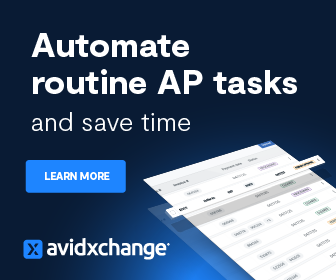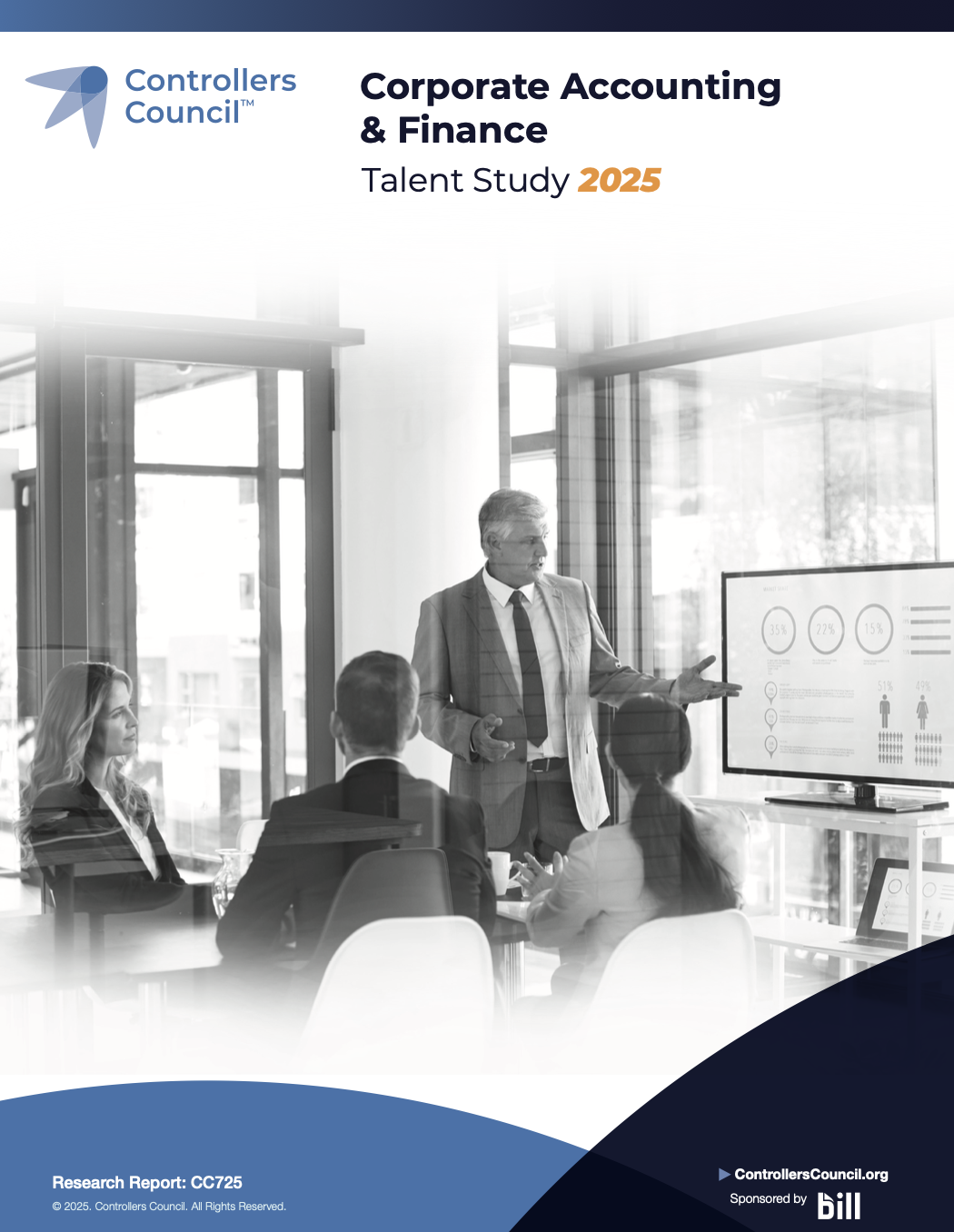Being in the know matters. With a job title like controller, you need to keep up with all the latest at your organization to understand how it affects the finances. Luckily, for those organizations who embrace it, financial analytics provides the insights needed to improve decisions and position firms for greater understanding.
In a recent blog discussing the importance of learning new skills, we noted that finance professionals including the controller need to understand the role of transformative technologies, understand how to improve reporting and connect with the rest of the organization and ultimately communicate more effectively.
In this, we also noted that the world has to go beyond reporting into a truly business-focused analytics process that incorporates a broader perspective than a simply finance-focused analysis process. But what goes into improved analytics? How can it improve everything from audit and assurance to broader business decision making? A recent survey from APQC analyzed the evolution of and use cases for finance analytics.
The Rapid Maturation of Finance Analytics
As defined by APQC, Finance analytics is the process of searching for and gathering meaningful insights from financial data, often in combination with other business data, to inform decision-making.
For the past few decades, finance has been looking for better ways to understand what matters. In this, many companies have considered finance analytics to piece together the data and improve decisions. This has turned to end users seeking out alternatives to the basics, using tools to connect more data, provide more ways to slice and dice information, and understand more about the underlying causes.
In turn, this has led to a rapid evolution of the tools needed to do the job, and according to their recent survey, APQC notes that finance analytics is maturing at an accelerated pace.
“We know that strong finance analytics can positively impact a range of business outcomes: risk mitigation, customer satisfaction, and bottom-line results among them. Moreover, analytics is the lever by which finance can distinguish itself as a valued business partner to the organization. When finance has data-based insights at the ready, senior leaders come knocking.”
How Leaders are Using Finance Analytics
In addition to discussing the evolution, the APQC study also noted some ongoing trends in the processes and practices used by leaders to make decisions. Their takeaways, including a look at the structure tools, data, and technology were recently explored in a CFO article, pointing to the following trends:
Organizations Looking to Centralize Analytics
One of the biggest trends pointing to the maturity of finance analytics is the move towards centralization. According to their report, only 18% of organizations have a fully decentralized structure (and a lonely few, just 4%, have no formal structure at all).
Why Centralized Analytics Matters
Though more and more organizations are selecting decentralized tools, the ability to centralize the analytics processes goes a long way in cementing the future of the organization. Centralized governance provides strategic alignment, accountability, and consistent communication and implementation planning across the enterprise.
By centralizing an analytics process, companies not only gain the ability to avoid disruption when the unexpected happens, they also are able to integrate new processes and technologies more easily with fewer challenges.
Organizations Broadening Data Sources
APQC found that a vast majority (97%) of finance analytics programs incorporate non-financial data into their analyses, most commonly data from operations, sales, and supply chains. About one-third also leverage external data on industry, competitors, market trends, and benchmarks.
Moving from Descriptive to Prescriptive
As noted, even with the maturity and expanding data pools, more leaders need to look from descriptive analytics to prescriptive ones. Descriptive, considered more backwards-looking, is great at telling you where you stand, but often prevents leaders from making smart decisions. On the other hand, prescriptive analytics offers big benefits that many organizations are missing out on.
By incorporating deeper and better analysis of the potential situations using tools like machine learning, finance execs can turn to analytics for improved understanding of potential outcomes. For example, a well set up ML model can use data to:
- Complete regression analysis for forecasting, budgeting, and workforce needs.
- In turn, the tool can use classification to look for patterns (i.e. helping the organization find new customers for a product based on their existing profiles).
- It can also perform risk management by mastering the characteristics of fraudulent transactions.
Evolving Tools Automate and Improve Decisions
From Excel to data visualization tools, this is one area where finance analytics is incredibly diverse. As discussed in the survey, the following tools were prevalent:
- Excel: 97% of those surveyed said it’s one of their primary tools for finance analytics.
- ERP Software: Used by nearly three quarters of organizations, the finance/accounting modules of their enterprise resource planning systems continue to see use.
- In House Tools: 48% of respondents have developed their own in-house tools for finance analytics,
- Off-the-Shelf Software: 39% use off-the-shelf analytics software.
Beyond this, the picture starts to get more complex. In addition to statistical packages like SAS and SPSS — used by 21% of those surveyed — there are a wide variety of visualization tools, business intelligence tools, Excel add-ons, integration tools, and programming languages being deployed.
Evolving Tools Improve Decision Making, Evolving Controllers Make Better Decisions
Though the tools are getting better, it’s the craftsperson who uses the tools that matters more. If you are looking to develop new skills to make smarter decisions, have you considered joining the Controllers Council?
Controllers Council is a national community and platform of Controllers, Accounting and Finance professionals focused on accounting best practices, information and resources, recognition and networking. Both individual and corporate memberships are available. Membership has many features and benefits to propel your career and expertise, and to be an active participant in our exciting community. Ready to learn more about membership? Click here.
Additional Resources
What Technologies Are Top of Mind in the Accounting World Right Now?
Financial Planning and Analysis Software: What Accounting Heads Need to Know




